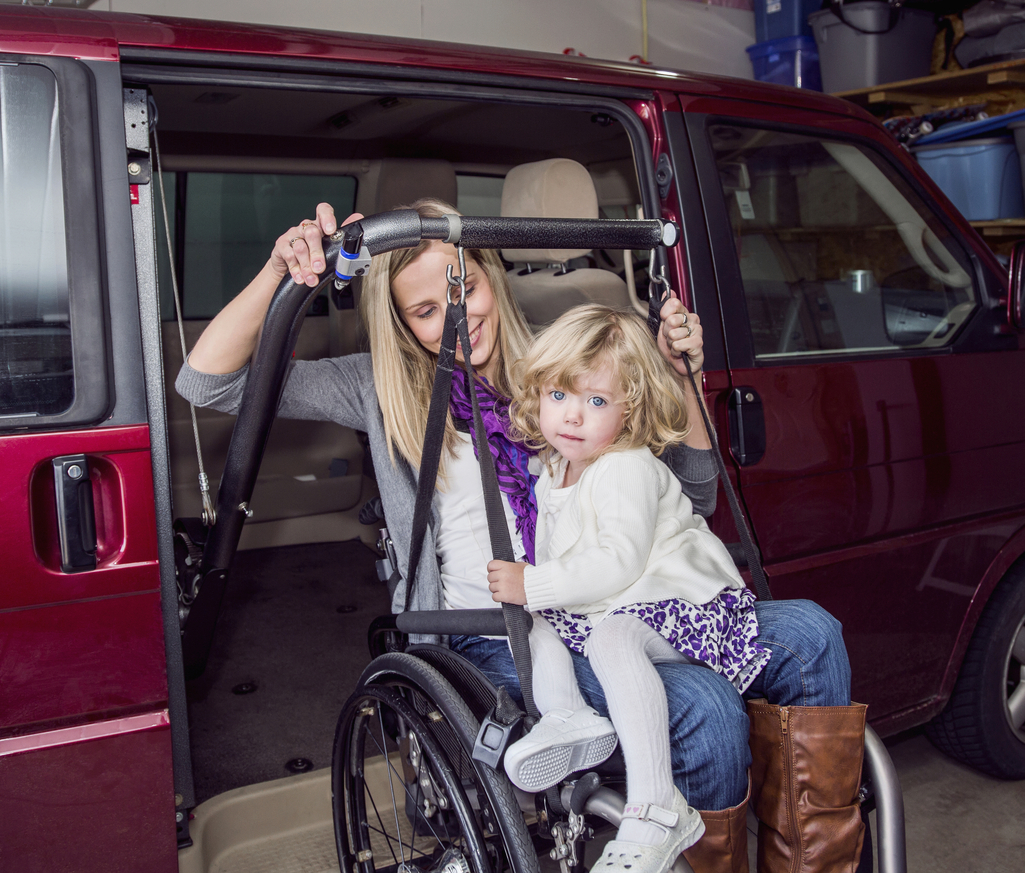Self-Advocacy Tips for Pregnant Women with Physical Disabilities
Download PDF | Plain-language version
Since the Americans with Disabilities Act was passed more than 25 years ago, society has been fairer to people with disabilities than it was before. There are still struggles, though. Pregnant women with physical disabilities sometimes encounter negative attitudes, inaccessible doctors’ offices and hospitals, inaccessible transportation, and doctors who do not understand their disability. For many women, the attitudes people have are harder to deal with than physical barriers.
In order to understand how clinicians can improve pregnancy care for women with physical disabilities, Monika Mitra and her colleagues interviewed 25 women with physical disabilities. During the interviews, the women offered tips for other women with physical disabilities who are pregnant or may want to become pregnant.
Find the right doctor
Find a good doctor who is willing to work with you and listen to what you have to say. The right doctor will respect you and your decision to have a child.
Do your homework
Do online searches to find out what is known about pregnancy for women with your specific medical condition. For example, the OI Foundation has information about pregnancy for woman with osteogenesis imperfecta/brittle bone disease. Other groups have information for women with particular conditions, as well. Consult with doctors who are familiar with your condition about what they might know about pregnancy.
Connect with other mothers with disabilities
Join groups of mothers with disabilities to find out what works best for them. You may be able to find local groups (depending on where you live), or online groups. Some places where you can find other people to talk to include Facebook, Twitter, Tumblr, blogs, the Disabled Parenting Project, and forums. For example, national or regional advocacy groups such as the Little People of America are one way to find support from peers.
Be assertive and advocate for yourself
Do not be afraid to talk to people on your medical team about your needs and wants. They are there to help you, and being open about your needs will help them understand what you are going through. Make sure that you talk with them about both the pregnancy and the childbirth process. Get as many details as possible. Prepare yourself by doing your homework on pregnancy and your specific condition so you have the tools to advocate for yourself when talking to your medical team.
Prepare for pregnancy, childbirth, and beyond
Consider any accommodations you will need to make giving birth easier and be sure to inform the hospital in advance. Look for tools you may need to make raising your child easier for you, like accessible cribs or reclining wheelchairs. You may want to talk with an occupational therapist to see if they have any suggestions.
Download PDF | Plain-language version
Adapted from Mitra, Long-Bellil, Iezzoni, Smeltzer, Smith. (2016). Pregnancy among women with physical disabilities: Unmet needs and recommendations on navigating pregnancy. Disability and Health Journal, 9(3), 457–63.

